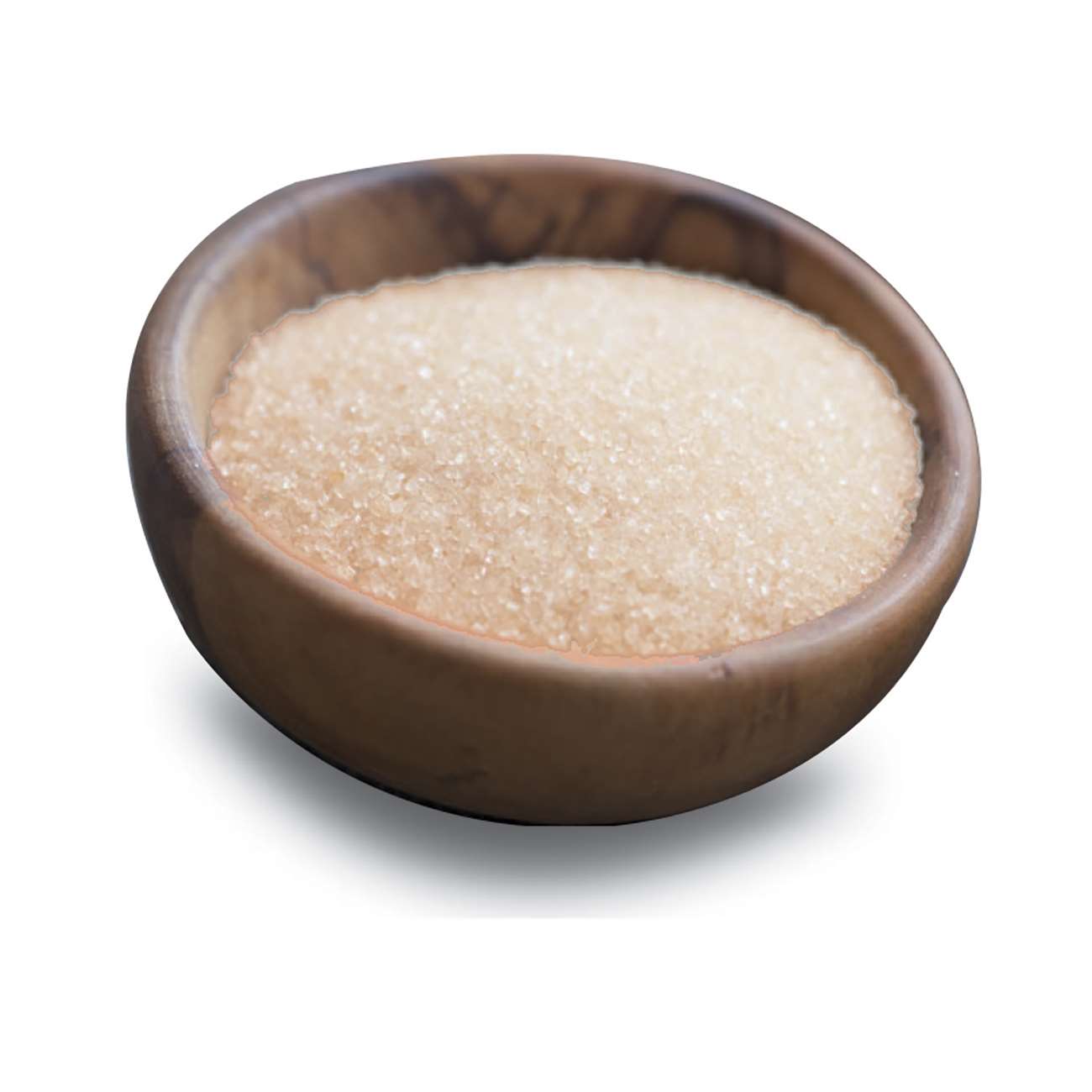Cane Sugar Processing: From Field to Table-- A Step-by-Step Guide
Cane Sugar Processing: From Field to Table-- A Step-by-Step Guide
Blog Article
An In-depth Introduction of the Health and Economic Ramifications of Walking Cane Sugar Processing on Neighborhood Communities
Walking cane sugar processing plays a pivotal duty in forming the financial landscape of neighborhood neighborhoods, providing work possibilities and promoting ancillary sectors. The health ramifications associated with high sugar intake can not be ignored, as they contribute to rising prices of weight problems and diabetes mellitus.
Economic Benefits of Walking Cane Sugar Processing
Cane sugar handling uses significant financial benefits that extend past the instant farming sector. The growing and processing of sugarcane develop various work chances, from farming to production and circulation. This employment generation not just supports local economies but additionally promotes area advancement by providing secure income resources for families.
Additionally, the sugar sector promotes ancillary services, including transport, equipment supply, and product packaging solutions (Cane Sugar Processing). As these markets grow, they add to an extra robust financial framework, improving total community resilience. The export potential of refined cane sugar additionally intensifies financial advantages, positioning regions as affordable gamers in worldwide markets
Investment in modern-day handling facilities can lead to boosted productivity and efficiency, thereby lowering waste and optimizing source usage. This change not only profits the neighborhood economy however additionally sustains sustainability initiatives by lessening ecological impacts.
Additionally, the income produced from cane sugar processing can be reinvested in regional framework, education and learning, and health care, advertising holistic community growth. In general, the financial benefits of walking stick sugar handling are complex, offering a foundation for withstanding prosperity in agricultural regions.
Health Threats Linked With Sugar Usage
Excessive sugar intake poses significant health and wellness threats that require serious attention. High consumption of added sugars, especially from processed foods and beverages, has been connected to numerous health and wellness problems.
In addition, high sugar intake is associated with heart disease. Elevated blood sugar level levels can result in insulin resistance, a precursor to different heart-related issues. Furthermore, sugar can have detrimental impacts on oral health and wellness, leading to dental caries and periodontal illness, as bacteria in the mouth grow on sugar, creating acids that erode tooth enamel.
Additionally, arising research study recommends a possible web link between high sugar consumption and psychological wellness conditions, such as anxiety and stress and anxiety. As areas grapple with these wellness risks, it comes to be vital to advertise awareness and motivate much healthier dietary options. Addressing sugar usage is critical not only for individual health yet likewise for the general wellness of local neighborhoods, stressing the demand for thorough public wellness techniques.
Environmental Effects of Sugar Production
Regularly neglected in discussions about sugar's ramifications is the significant environmental impact of sugar production. The cultivation of sugarcane usually necessitates extensive land use, leading to logging, loss of biodiversity, and interruption of neighborhood environments. The conversion of forests and marshes into sugar ranches can lead to habitat damage, threatening numerous varieties and altering ecological equilibrium.
Additionally, sugar production is resource-intensive, consuming substantial quantities of water for watering. This can bring about exhaustion of regional water sources, negatively influencing both farming practices and area access to clean water. In addition, making go to the website use of chemical plant foods and pesticides in sugarcane farming can add to dirt destruction and water contamination, as drainage from these chemicals enters close-by rivers and lakes, influencing aquatic life and human health and wellness.
The environmental impact encompasses the handling stage, where power intake and waste generation further aggravate ecological issues. Air contamination from burning sugarcane areas, in addition to greenhouse gas discharges, add to environment change. Therefore, the ecological implications of sugar manufacturing warrant serious consideration, advising stakeholders to take on even more sustainable techniques to alleviate these unfavorable results on regional environments and communities.
Task Production and Community Development
The environmental obstacles posed by sugar manufacturing are commonly counterbalanced by its capacity for economic benefits, specifically in job development and area advancement. The walking stick sugar sector acts as a significant source of work in several rural areas, giving jobs across different ability degrees, from agricultural labor to processing and distribution functions. This work not only supports individual families however additionally adds to the overall economic vitality of regional areas.
Moreover, the establishment of sugar processing facilities promotes secondary organizations, such as transport solutions, equipment supply, and maintenance carriers. As these businesses flourish, they develop extra tasks and boost regional economies. The income produced from the sugar market also results in increased tax obligation incomes, which can be reinvested into social work such as health care, infrastructure, and education growth.
Additionally, the sugar industry usually involves in area growth campaigns, such as supporting regional colleges and health and wellness site here programs, thereby improving the lifestyle for residents. By promoting strong neighborhood ties and advertising economic development, the cane sugar handling industry plays a vital function in uplifting neighborhood populations, making it a necessary component of lasting growth techniques in sugar-producing areas.
Harmonizing Wellness and Economic Growth
In navigating the intricacies of cane sugar processing, an essential difficulty lies in stabilizing health factors to consider with financial growth. The sugar sector significantly adds to regional economies by creating work, stimulating related markets, and enhancing tax obligation earnings. However, the health and wellness implications connected with too much sugar intake can lead to persistent conditions such as obesity, diabetic issues, and cardiovascular concerns, which can burden public health systems and decrease workforce efficiency.

Furthermore, regulative frameworks can play a critical function in assisting sector practices in the direction of even more health-conscious and lasting methods. By cultivating collaboration between government bodies, health and wellness organizations, and the sugar sector, neighborhoods can browse the duality of health and wellness and financial growth, making sure that the advantages of walking stick sugar handling are equitably shared while focusing on public wellness.
Verdict
To conclude, the processing of walking stick sugar provides both considerable economic advantages and notable wellness threats for neighborhood areas. While it cultivates job creation and stimulates local growth, the involved health and wellness problems, specifically pertaining to excessive weight and diabetes, necessitate a careful harmonizing act. By advertising responsible consumption and investing in community education and lasting techniques, it is feasible to optimize economic advantages while minimizing adverse wellness impacts, consequently making sure a healthier future for local populaces.
In addition, sugar can have destructive effects on oral wellness, resulting in dental caries and periodontal disease, as microorganisms in the mouth prosper on sugar, producing acids that wear next page down tooth enamel.
Attending to sugar consumption is crucial not just for individual health and wellness however also for the general well-being of local communities, highlighting the need for thorough public wellness approaches.
Often forgotten in discussions concerning sugar's effects is the considerable environmental effect of sugar manufacturing. The health ramifications associated with excessive sugar usage can lead to chronic diseases such as excessive weight, diabetic issues, and cardio issues, which can problem public health and wellness systems and decrease labor force performance.

Report this page